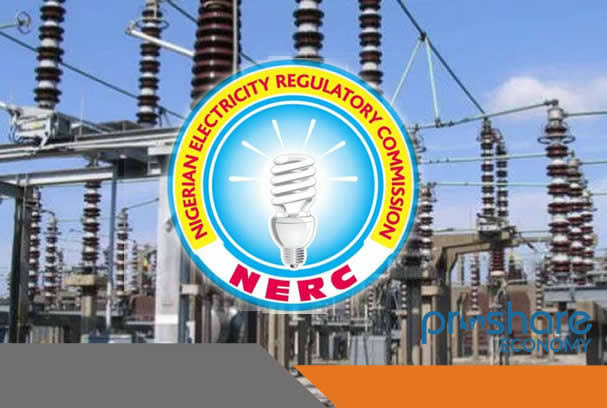August 2, 2025 – By Peter Omopo
The Nigerian Electricity Regulatory Commission (NERC) has formally transferred regulatory oversight of the electricity market in Nasarawa State to the newly established Nasarawa State Electricity Regulatory Commission (NASERC).
In a statement posted on its official social media platforms on Saturday, NERC said the decision was in line with the Electricity Act 2023 (Amended) and the provisions of the 1999 Constitution, which empower states to regulate electricity markets within their territories.
“In compliance with the amended Constitution of the Federal Republic of Nigeria and the Electricity Act 2023, the Nigerian Electricity Regulatory Commission has issued an order to transfer regulatory oversight of the electricity market in Nasarawa State from the Commission to the Nasarawa State Electricity Regulatory Commission,” the statement read.
Under the new arrangement, NERC directed Abuja Electricity Distribution Company (AEDC) to incorporate a new subsidiary—AEDC SubCo—which will assume responsibility for the intrastate supply and distribution of electricity in Nasarawa State.
“AEDC shall complete the incorporation of AEDC SubCo within 60 days from 4th August 2025. The subcompany shall apply for and obtain a licence for intrastate electricity operations from NASERC,” NERC added.
All transfers stipulated in the order are expected to be finalized by February 3, 2026.
The Electricity Act 2023 allows states to establish and regulate their own electricity markets, provided they notify NERC and meet the criteria for a seamless transition. While NERC remains the central regulator for interstate and international generation, transmission, and system operations, states now have authority over intrastate electricity supply.
Nasarawa now joins a growing list of states—including Lagos, Edo, Ekiti, Enugu, Imo, Kogi, Niger, Ogun, Ondo, and Oyo—that have assumed regulatory control of their electricity sectors through their own state commissions.
This decentralisation, according to industry analysts, is expected to enhance accountability, promote efficiency, and improve electricity service delivery at the state level.

